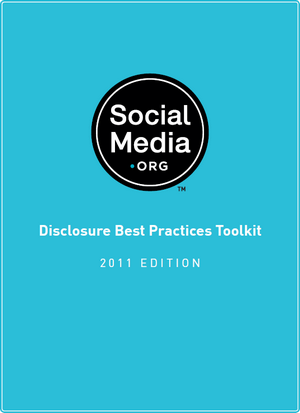 Word of mouth comes down to trust. If people don’t trust you, they won’t share your message, they won’t vouch for you, and they won’t be willing to recommend you to a friend.
Word of mouth comes down to trust. If people don’t trust you, they won’t share your message, they won’t vouch for you, and they won’t be willing to recommend you to a friend.
This makes trust, honesty, and ethics an essential component to any word of mouth program. It’s not something you add at the end — it’s something you start with.
And not only is being trustworthy a good marketing idea, it’s the law. The FTC has made it clear that word of mouth and social media marketing is held to the same ethical standards that all advertising has been held to for the last 50 years.
The good news: Being honest and ethical really isn’t that complicated. And to make it even easier, members of our sister brand SocialMedia.org collaborated to create the Disclosure Best Practices Toolkit. It’s 15 pages of practical, straightforward checklists you can use to build a social media and word of mouth policy. Before being published, it was vetted, torn apart, and reassembled by dozens of corporate legal teams from Fortune 500 brands — so there’s a good chance it’ll work for your company too.
Best practices covered by the Disclosure Best Practices Toolkit:
- How to disclose your identity and any compensation or incentives to bloggers/advocates
- How to inform vendors, agencies, and subcontractors that act on behalf of your company of your disclosure policies
- How to monitor and respond to social media, word of mouth, and online community communications
- How to ensure all of your employees are properly trained on your disclosure policies


